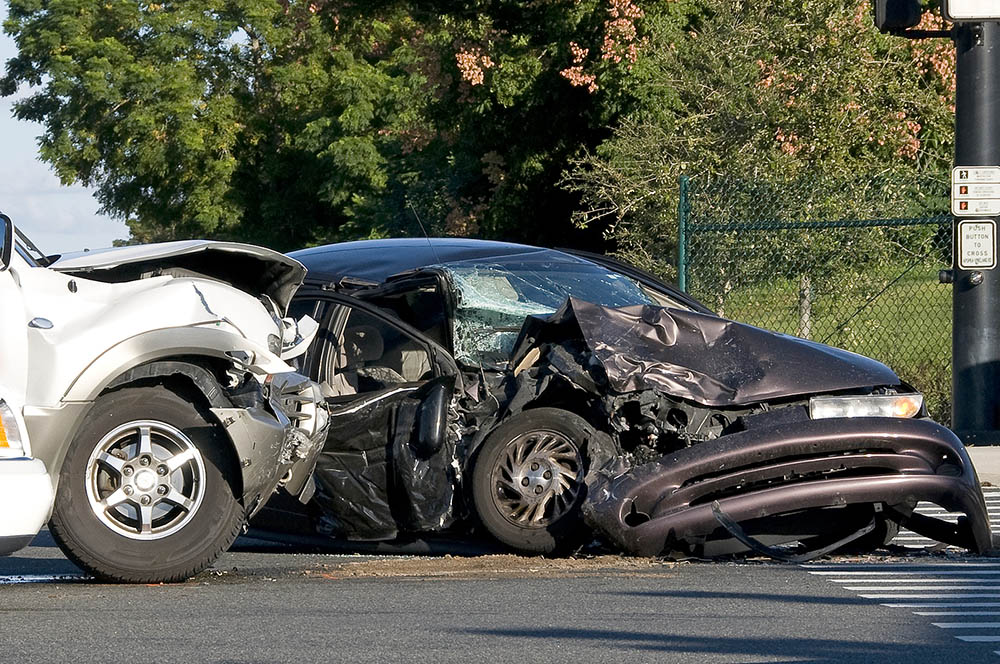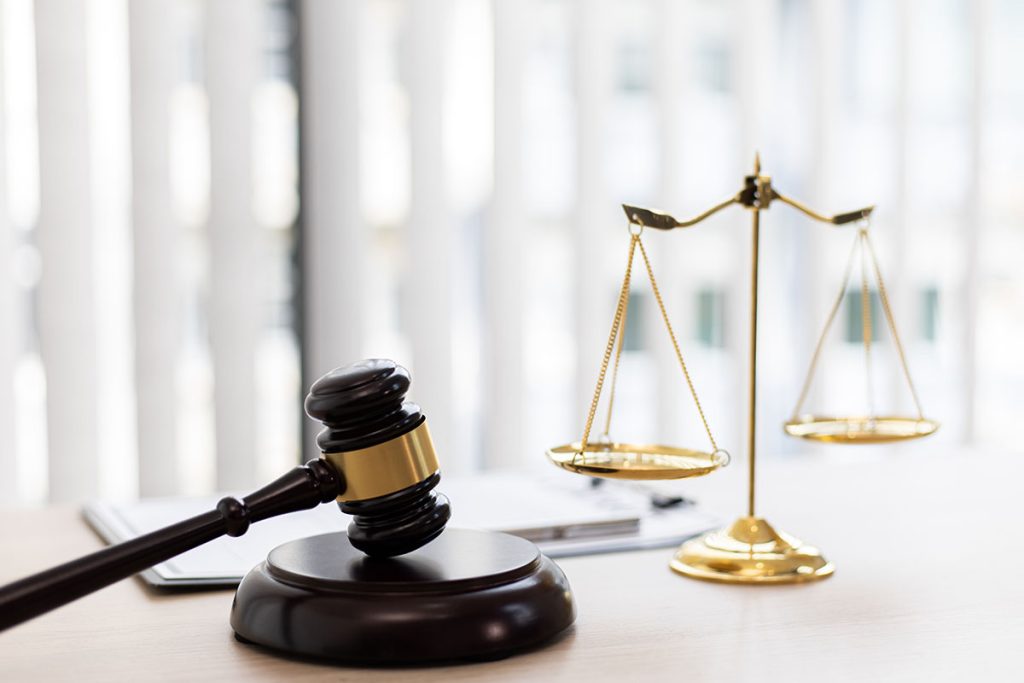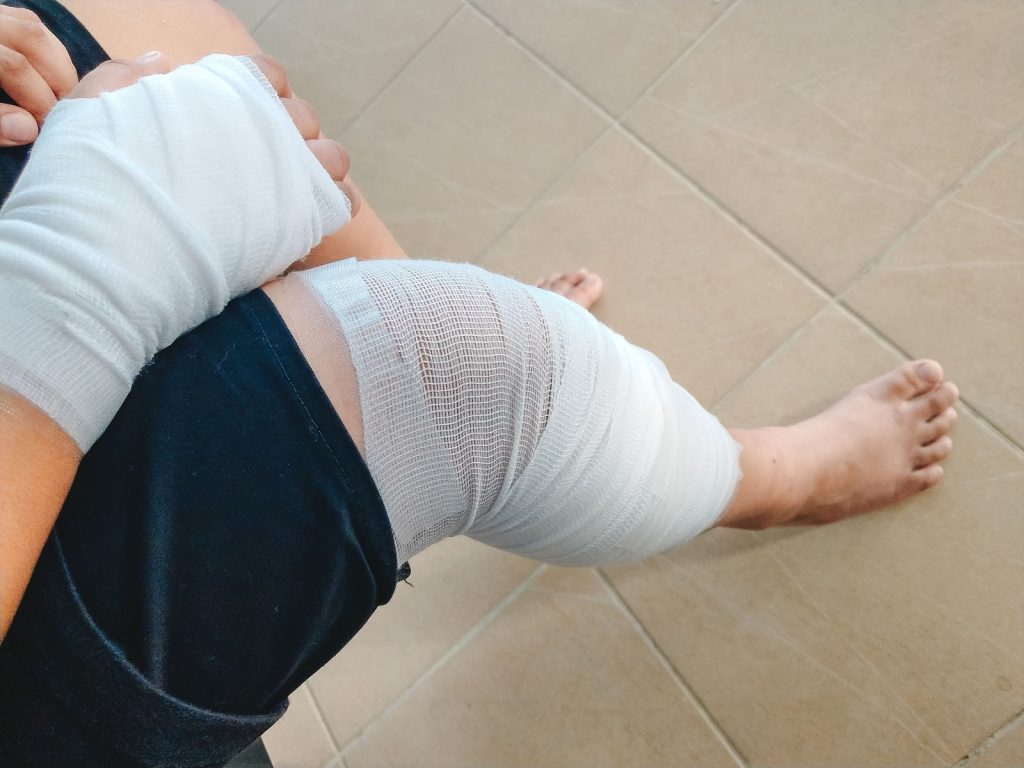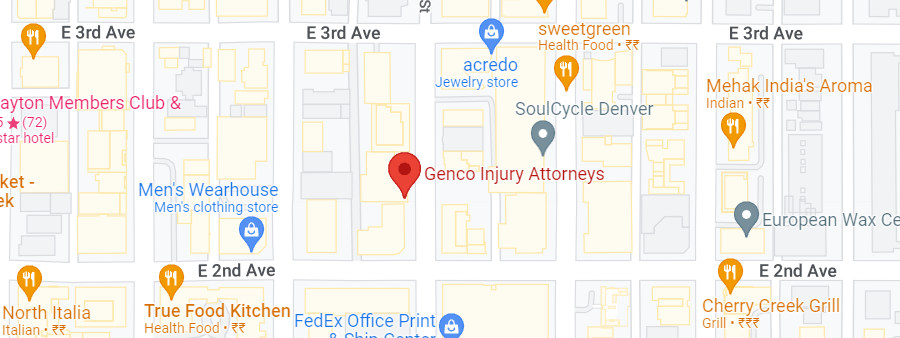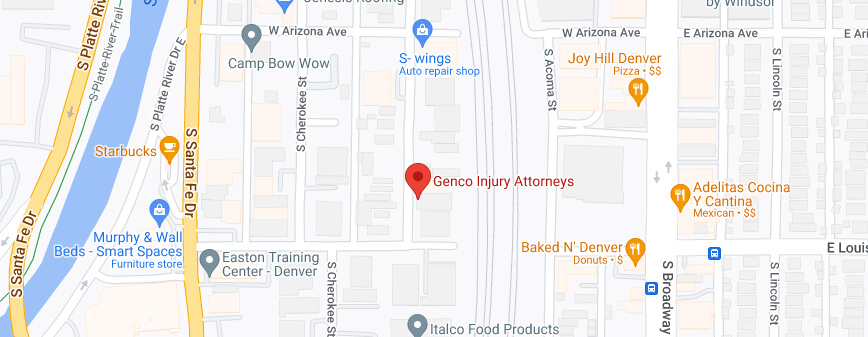How Common Are Car Crashes in Colorado?
Motor vehicle accidents are on the rise statewide. Colorado saw 745 traffic fatalities in 2022, as reported by The Denver Post. This is the highest number of traffic deaths since 1981, representing a 57% increase over the past decade. Among these fatalities, 36% were motorcyclists, bicyclists, or pedestrians. Traffic crashes involving cannabis increased by 51%, and impaired driving fatalities increased by 7% from 2021 to 2022. According to the Colorado State Patrol, major contributing factors to car accidents throughout the state include:
- Distracted driving
- Speeding
- Unsafe lane changes
- Tailgating
- Improper passing
- Failure to yield the right of way
- Disregarding stop signs
- Wrong-way driving
Why Is It Important to Preserve Evidence After a Colorado Car Accident?
No matter how diligently you drive, you cannot control the actions of other drivers. Colorado is a “tort” state for car accidents. If someone else caused your crash and injuries, you are entitled to seek compensation from the at-fault party. The more evidence you can produce to support your accident claim, the better your chances of winning a full and fair recovery. Well-documented evidence can strengthen your position, both in negotiating for a fair settlement and in presenting your case in trial. It can help you establish what happened leading up to the accident, how the crash occurred, and who is liable. If you are physically able to do so, it is important to collect as much evidence as possible at the scene of the accident.
What Should You Do If You Have Been Involved Car Crash?
The shock of the collision can make it difficult to think clearly immediately after a car accident. Of course, the first priority is to get emergency medical attention if needed for yourself or anyone else involved in the crash. If you are physically able, however, it is important to take the following steps to support your claim for compensation.
Call 911
After a motor vehicle crash, call 911 to notify the police and emergency medical services of the accident. If emergency responders arrive on the scene, allow them to check you out, even if you believe your injuries are minor. An official accident report from a police officer is a critical piece of evidence in your claim for compensation. When police officers arrive on the scene, answer their questions truthfully but carefully. State simply exactly what occurred with as much detail as you can provide without accepting or assigning blame for the crash. Avoid apologizing or making any statements that could be interpreted as admitting fault.
Exchange Accident Information
Under the Colorado Revised Statutes § 42-4-1603, any driver involved in a crash that causes injury, death, or property damage must assist anyone who was injured and provide the following information to the other driver(s) involved:
- Name
- Address
- Vehicle registration number
- Driver’s license
Note the date and time of the crash and collect the other driver’s insurance information. If permitted, taking pictures of the other driver’s license, insurance card, and vehicle license plate is a quick and efficient way to record this data.
Document the Scene of the Accident
It can help your case considerably to capture as much evidence as possible at the scene. Use your cell phone to take pictures of anything that might substantiate where the accident occurred, how it happened, and the property damage and injuries it caused. Take multiple photos from different distances and angles of:
- Intersection, traffic lights, road signs
- Relative positions of the vehicles involved
- Damage to the vehicles
- Skid marks and crash debris
- Weather conditions
- Any visible injuries you or your passengers sustained
- Any other details that may help you establish negligence
Collect names and contact information from any eyewitnesses so your attorney can get statements from them if needed. While it is fresh in your memory, write down everything you can recall about what happened just before the accident, how the crash occurred, and what the other driver said and did after the collision.
See a Doctor
Getting medical attention as soon as possible after a car accident is vital, even if you believe your injuries feel minor. The shock and adrenaline that follow a crash can mask symptoms; some symptoms may not appear for hours or days. A thorough physical exam and diagnostics such as X-rays and CT scans can help your doctor diagnose your injuries. They also serve to document your injuries for your personal injury claim. It is essential to take any prescribed medications, follow your doctor’s instructions, do prescribed physical therapy, and keep follow-up appointments. The other side could use any failure to do so against you.
Notify Your Insurance Company
Even if the other driver is clearly at fault, you need to notify your own insurance company of the accident. One reason for this is uninsured/underinsured motorist coverage. If the driver who hit you is uninsured or has a policy with limits that are too low, you may need to file a claim with your insurer to cover your damages.
Speak with an Experienced Colorado Car Accident Attorney
Your best chance of recovering the maximum compensation for a car accident is to have an experienced personal injury lawyer handling your case. At Genco Injury Attorneys, we specialize in motor vehicle accidents. Our legal team is experienced, compassionate, and always available to our clients. We take on a lower number of cases, which allows us to provide superior personalized service. After a serious Colorado car accident, contact us at (720) 802-9120.


